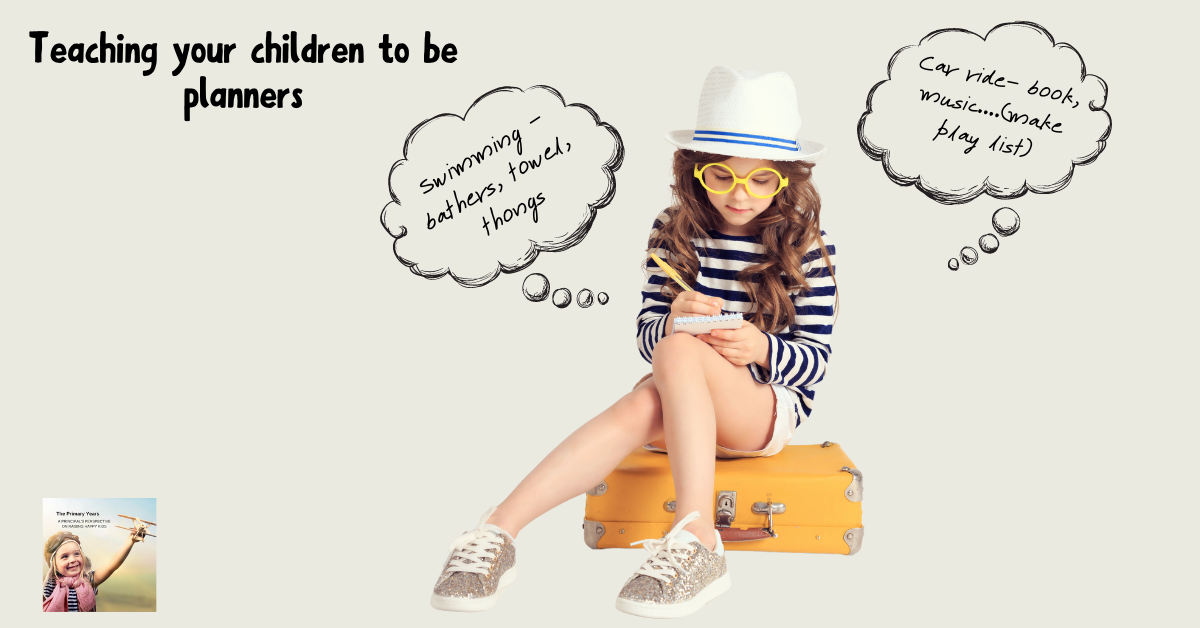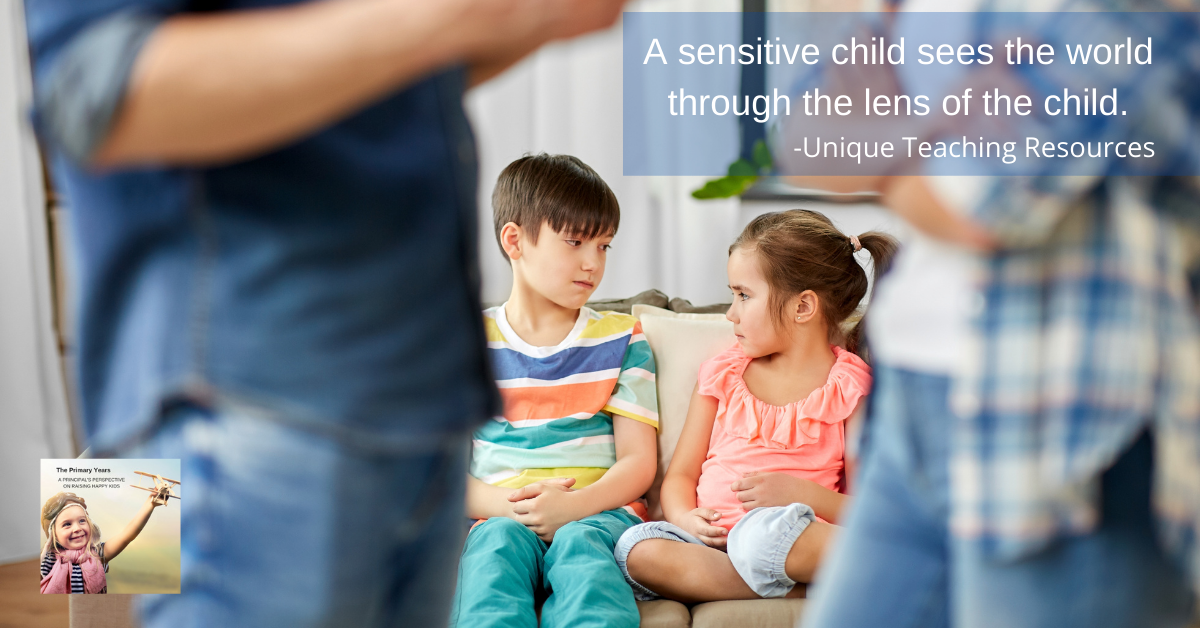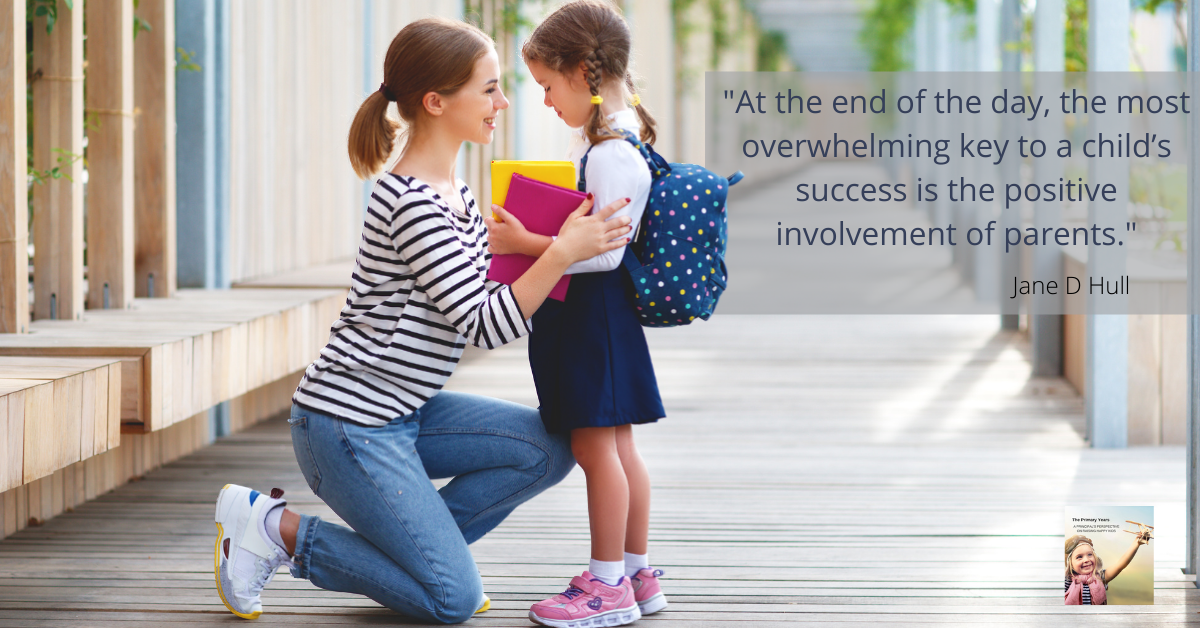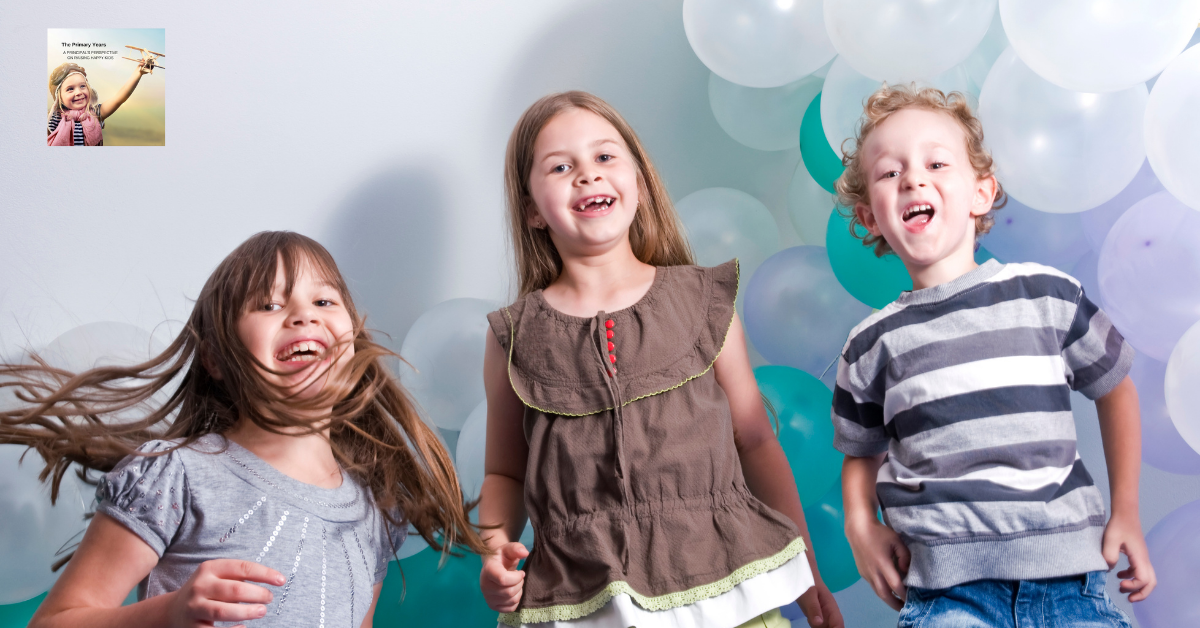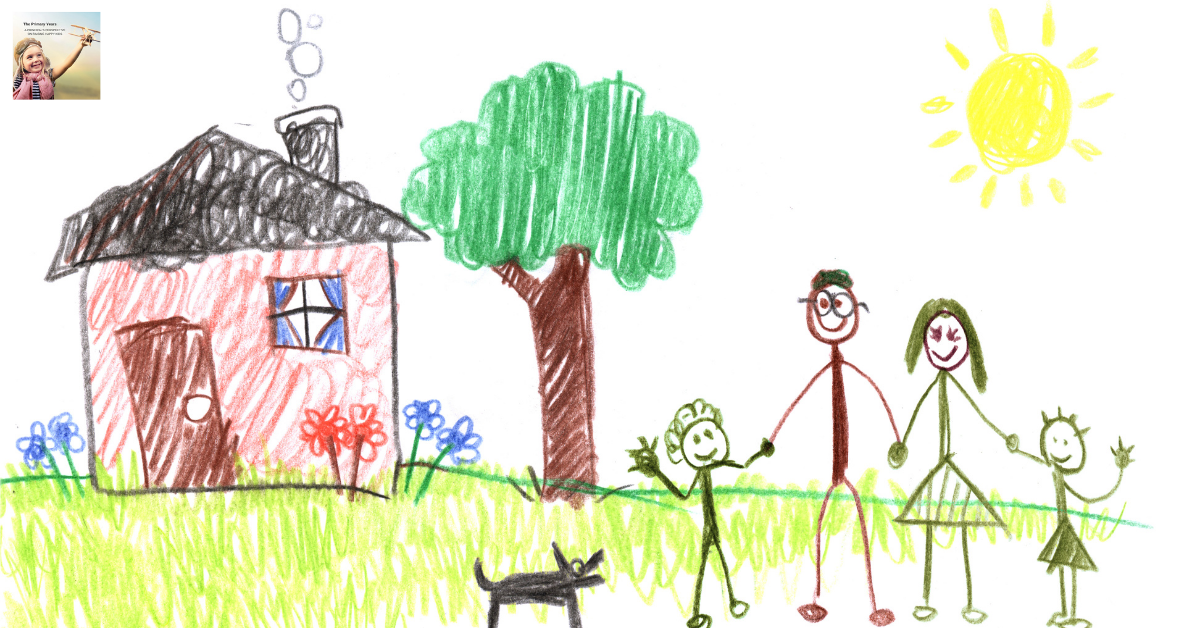Teaching your children to be planners
Organisation is always a challenge for children as they grow. Also, as parents, some of us are less organised people in planning events etc. It’s just in our nature how we approach planning. This article tells us that planning can be learnt, which is so beneficial for children’s success in self-management. The earlier they value being a planner, the more they gain through being organised and in control of what they are doing.
Taking time to plan something well shows that a person is making choices about how they want to be in control of their actions. They come to understand that they will have more successful outcomes by being a planner. Planning well gives you a vision into what you are expecting as an outcome. To be productive is to plan well. For example, if you plan your trip well for the school holidays you feel reassured that it will be successful and that you have a clear understanding of what to expect. There are fewer unfortunate surprises.
There are developing skills in learning to plan well and children will get better at it and more accurate in their planning, reading situations better etc. as time goes. They will make mistakes but grow in confidence about sharpening the planning process.
Teachers know that planning their lessons well is the key to the quality of teaching. Without effective well-planned lessons, teachers easily lose control of the outcomes. They understand that the quality of their planning will impact a child’s learning.
They are also keen to teach children the importance of planning and when assignments are on the agenda, teachers will spend considerable time with children discussing their plan. Sometimes pieces of work are marked on the quality of the planning demonstrated by a child.
When we teach our children to plan important events etc., they begin to value the process of planning as a way of managing their world and feel in control. They are setting the directions themselves. Once they feel the success of their planning, children will want more control of their actions.
Here are some thoughts on helping your child become a dedicated planner.
Demonstrate to your child how you plan for important events, occasions etc. Allow them to share in some of this planning. Is planning an important part of your work life?
There are various ways to plan and everyone develops their own style. Talk about what tools you use to help you plan. For example, are you someone who takes notes?
Do you plan your events on a computer? Do you revisit the plan?
What resources do you use in planning?
When your child talks about important events that they will participate in, talk about what plans they have in place to make it successful.
When planning we all need time for this and talk to your children about how much time they will give to the planning process.
Talk about successes you have had from careful planning. It is also worthwhile to talk about the trial and error in planning. This is also an important process we go through before discernment.
A wise person sees planning as a natural part of putting order and structure into their world. Teaching our children, the value of planning gives them an important tool in guiding their directions with personal satisfaction and confidence.
“‘Good teaching is more a giving of right questions than a giving of right answers.’
-Josef Albers”
